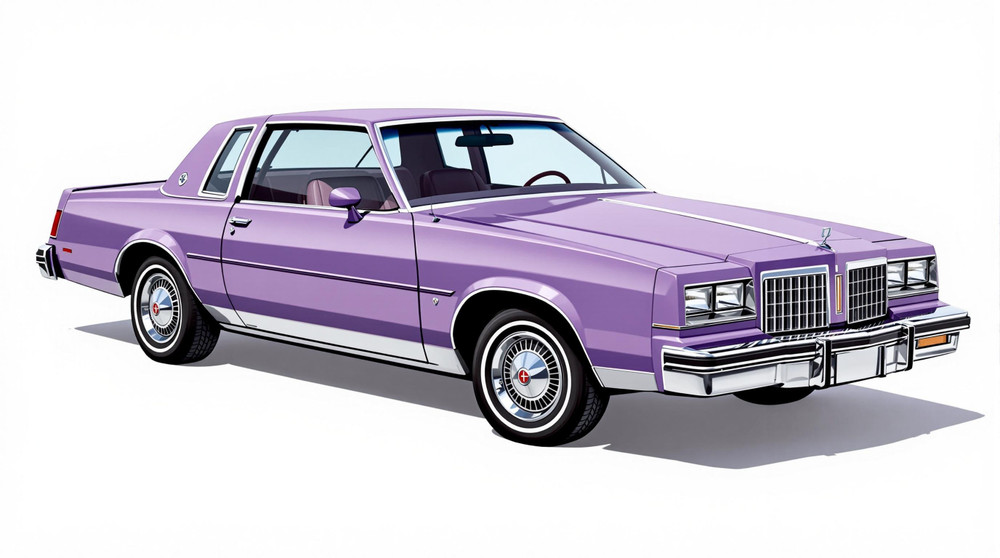Image of 1979 Oldsmobile Omega, Note: These illustrations use artistic license and may differ from actual historical models.
Performance Metrics
Fundamental Metrics
Emotional Appeal
MMP Rating
| Engine Specifications | |
|---|---|
| Engine: | 231 cu in (3.8 L) Buick V6, 260 cu in (4.3 L) Oldsmobile V8, 305 cu in (5.0 L) Chevrolet V8 |
| Displacement: | 3.8L - 5.0L |
| Horsepower: | 110-140 hp |
| Torque: | 185-245 lb-ft |
| Compression Ratio: | 8.0:1 - 8.5:1 |
| Ignition System: | Electronic Ignition System |
| Cooling System: | Liquid cooled |
| Performance Specifications | |
| 0-60 Time: | Estimated 10-12 seconds |
| 1/4 Mile Time: | Estimated 17-19 seconds |
| Top Speed: | 105-110 mph |
| Transmission and Drive | |
| Drive Type: | RWD (Rear Wheel Drive) |
| Transmission Type: | 3-speed automatic, 4-speed manual |
| Fuel and Efficiency | |
| Fuel System Type: | Carburetor |
| MPG: | Estimated 15-20 mpg |
| Dimensions and Brakes | |
| Brakes: | Front disc, rear drum |
| Wheelbase: | 108.0 inches |
| Weight: | 3,200-3,500 lbs |
Note: Specifications for classic cars are given to the best of our ability, considering the limited and variant data available.
1979 Oldsmobile Omega: A Forgotten Gem of the Late '70s
The 1979 Oldsmobile Omega stands as a testament to an era when automotive design was transitioning from the extravagant muscle cars of the '60s to the more economical and practical vehicles of the '80s. Born from General Motors' X-body architecture, which it shared with siblings like the Chevrolet Nova and Pontiac Ventura, the Omega was Oldsmobile's compact answer to a fuel-conscious America. Despite its modest popularity, the Omega holds a special place in history as one of the last rear-wheel-drive compacts to wear the Oldsmobile badge before the brand embraced front-wheel drive.
Design and Innovation
The exterior styling of the 1979 Oldsmobile Omega exuded a certain understated elegance. Its lines were clean and straightforward, with just enough chrome accents to hint at its upscale aspirations. The front grille, with its distinctive split design, was flanked by rectangular headlamps that were very much in vogue at the time. Inside, passengers were greeted with a functional cabin that prioritized comfort over luxury. The materials, while not opulent, were durable and tastefully chosen. Technologically, the Omega boasted features like optional power steering and brakes, air conditioning, and an AM/FM stereo—amenities that were becoming increasingly standard.
Color options ranged from classic whites and blacks to more vibrant hues like reds and blues. Among these, shades like Carmine Red and Platinum Blue often caught buyers' eyes. The Omega was available in various body styles including a two-door coupe, four-door sedan, and even a hatchback version, with the coupe being particularly popular for its sportier appearance.
Historical Significance
In an age where efficiency began to overshadow raw power, the Oldsmobile Omega represented a shift in American automotive priorities. It wasn't just about being fast or flashy; it was about being sensible without sacrificing all semblance of style or comfort. This balance would set a precedent for many compact cars that followed in the 1980s.
Performance and Handling
The 1979 Omega wasn't a powerhouse by any means. Its base engine was a modest inline-4, but options included a V6 and even a small-block V8 for those craving more vigor. Top speed and acceleration figures were average for its class—with V8 models capable of reaching 0-60 mph in under 10 seconds—a respectable feat at the time. Handling was generally smooth, though not particularly sporty; it absorbed road imperfections well but could feel less composed on twisty roads.
Driving an Omega was about enjoying a quiet ride with enough power to make highway merging comfortable. The engine's hum was unobtrusive, allowing for easy conversation or radio listening—a hallmark of Oldsmobile's approach to creating a serene driving environment.
Ownership Experience
The Omega served many roles—from daily commuter to family car—and occasionally even graced local car shows as a well-preserved classic. Its reliability was typical of GM products of that era; sturdy but requiring regular maintenance. Parts were generally affordable and easy to find thanks to its shared GM platform.
Fun Facts
While not known for breaking records or celebrity endorsements, the Omega had its quirks. For instance, some models featured an "economy gauge" which indicated fuel-efficient driving—a novelty at the time. Criticisms often centered around its conservative design and lackluster performance compared to more spirited contemporaries.
Collector's Information
Today's collector might find an Oldsmobile Omega as an affordable entry into classic car ownership. Estimates suggest that tens of thousands of Omegas were produced during their run, but exact numbers are elusive due to sparse records from that era. Values vary widely based on condition and originality; it's not uncommon to see prices ranging from $2,000 for a project car up to $15,000 or more for a well-maintained example.
Conclusion
The 1979 Oldsmobile Omega may not have rewritten history books or set hearts racing with blistering performance figures, but it encapsulated a pivotal moment in automotive evolution. It stands as a charming relic that reminds us of when cars began to balance efficiency with everyday usability—a philosophy that continues to shape vehicles today.
1979 Oldsmobile Omega Catalog of Parts
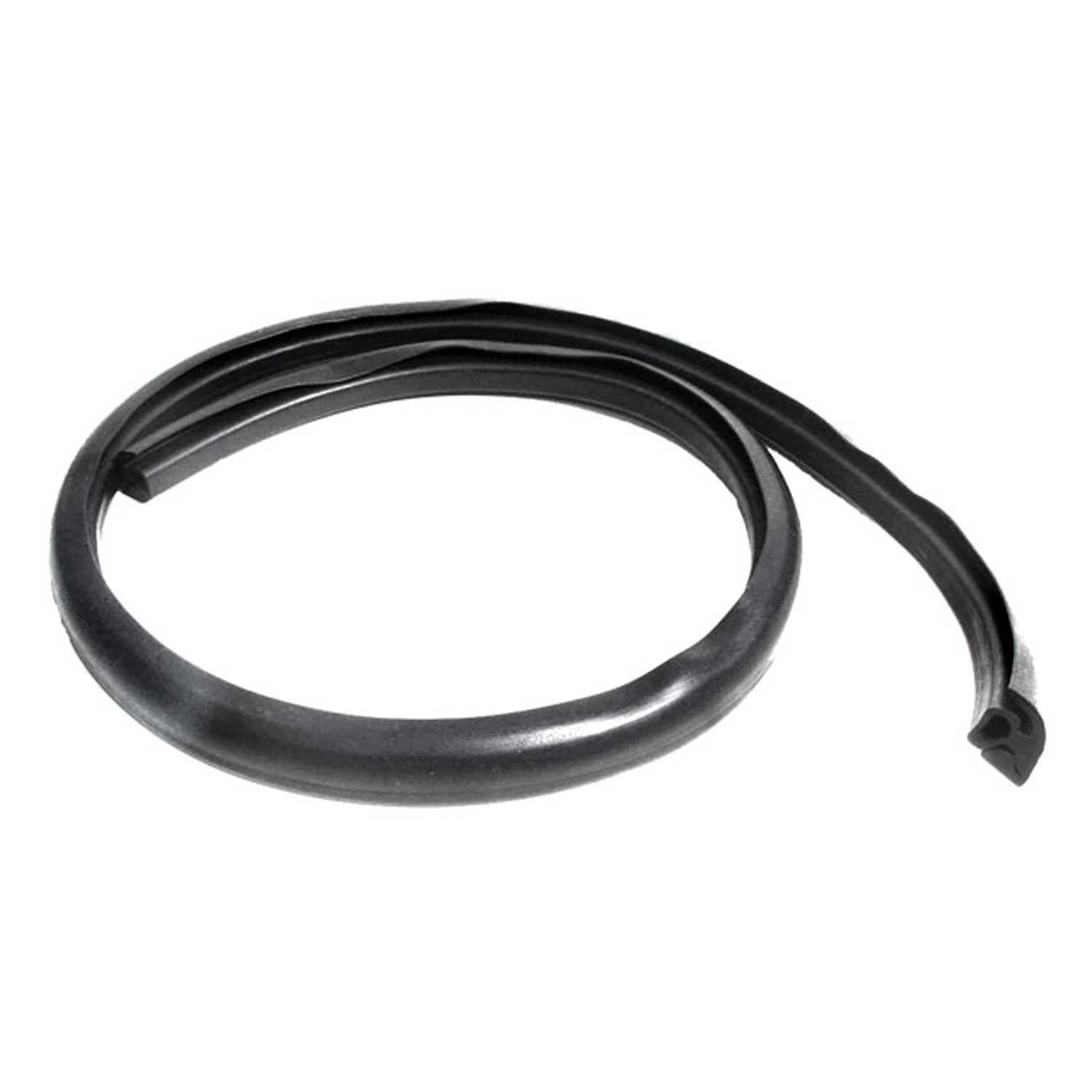 1979 Oldsmobile Omega Hood to Cowl Seal, '68-'79 GM X Body, Each-CS 2-FHood to Cowl Seal, '68-'79 GM X Body, 43-1/4" Long, Each.
1979 Oldsmobile Omega Hood to Cowl Seal, '68-'79 GM X Body, Each-CS 2-FHood to Cowl Seal, '68-'79 GM X Body, 43-1/4" Long, Each.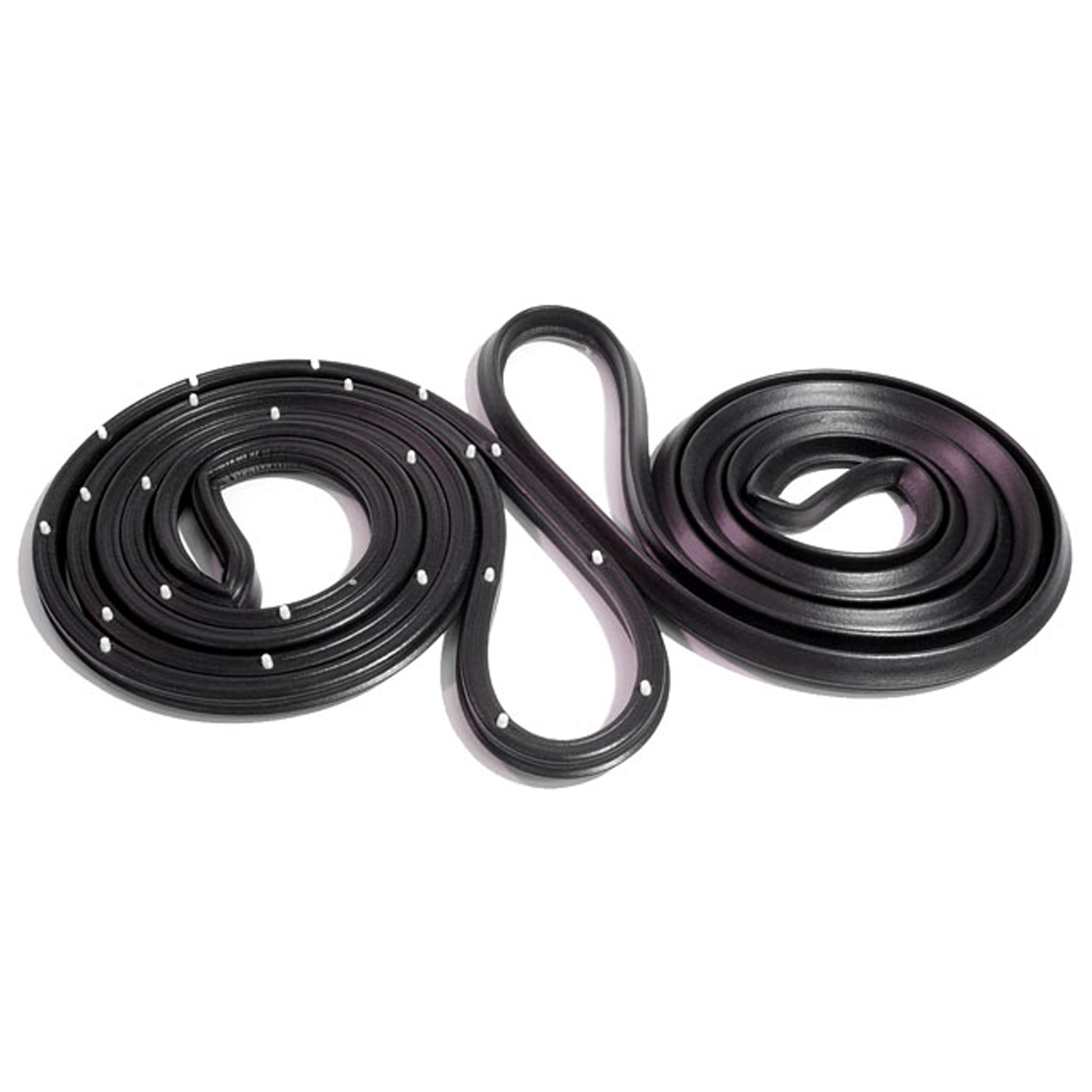 1979 Oldsmobile Omega Door Seals, with Clips and Molded Ends. For 2-Door Sedan-LM 20-ODoor Seals, with Clips and Molded Ends. For 2-Door Sedan. Pair R&L
1979 Oldsmobile Omega Door Seals, with Clips and Molded Ends. For 2-Door Sedan-LM 20-ODoor Seals, with Clips and Molded Ends. For 2-Door Sedan. Pair R&L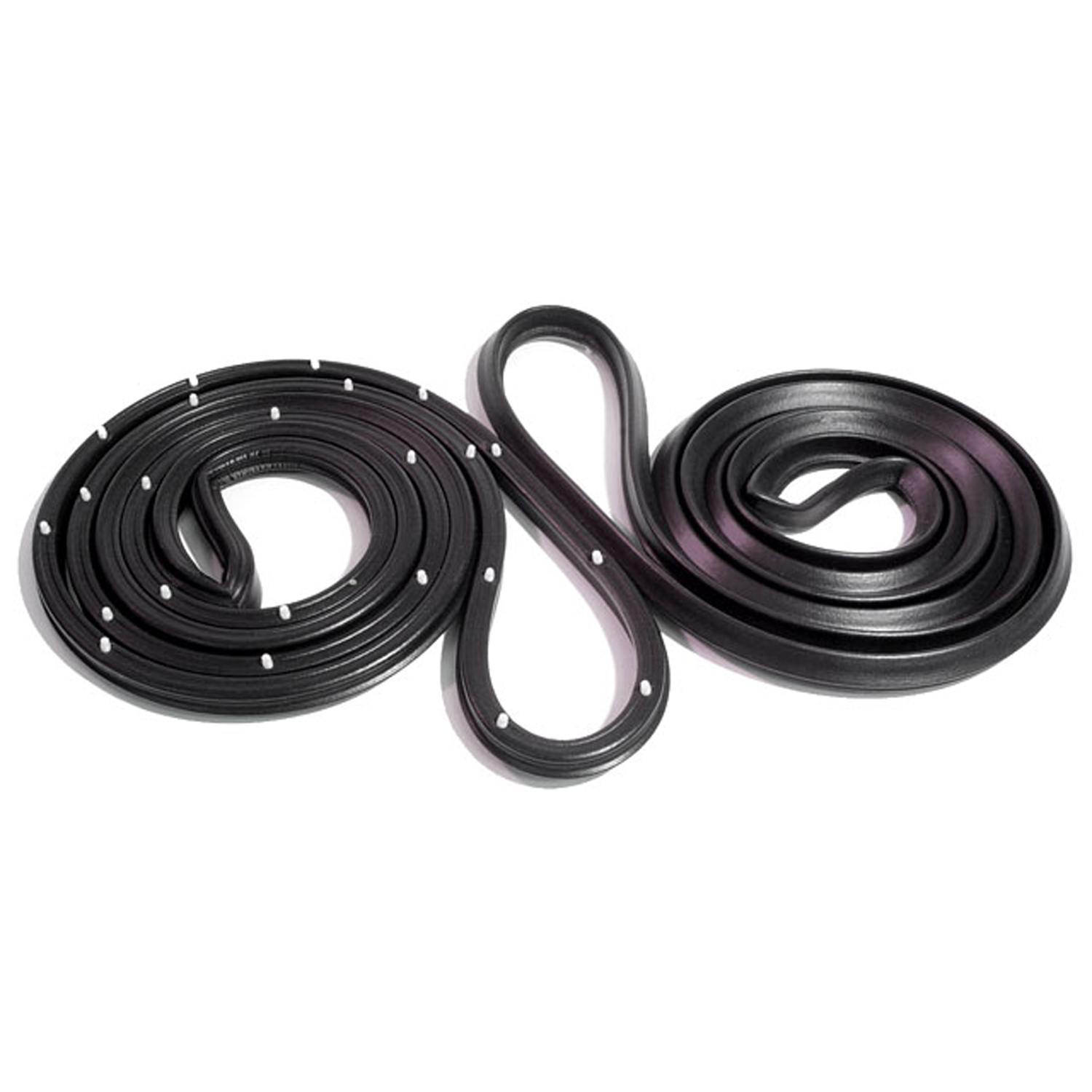 1979 Oldsmobile Omega Front Molded Door Seals with Clips. For 4-Door Sedan-LM 20-PFront Molded Door Seals with Clips. For 4-Door Sedan. Pair R&L
1979 Oldsmobile Omega Front Molded Door Seals with Clips. For 4-Door Sedan-LM 20-PFront Molded Door Seals with Clips. For 4-Door Sedan. Pair R&L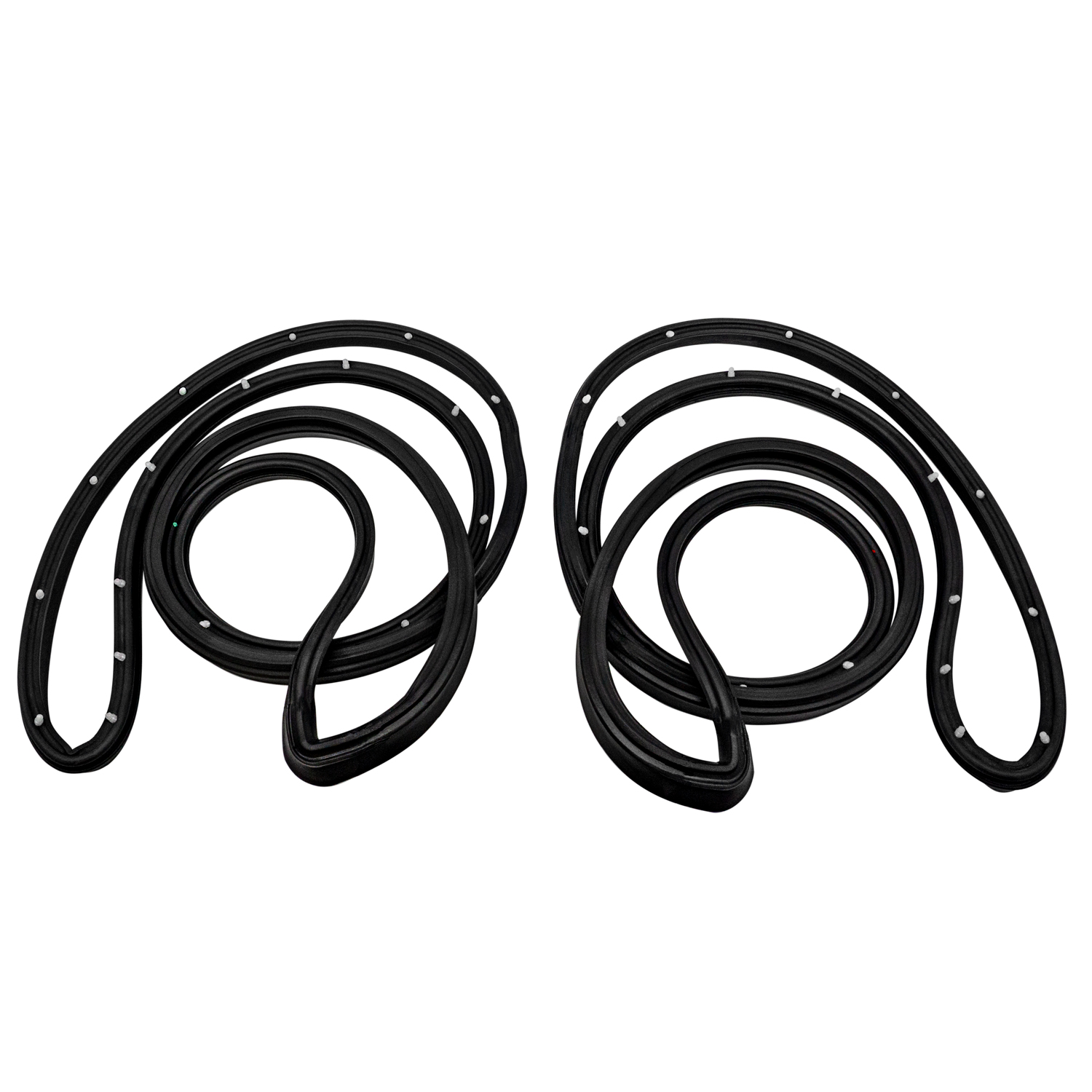 1979 Oldsmobile Omega Rear Molded Door Seals, with Clips. For 4-door sedan-LM 20-P/RRear Molded Door Seals, with Clips. For 4-door sedan. Pair R&L
1979 Oldsmobile Omega Rear Molded Door Seals, with Clips. For 4-door sedan-LM 20-P/RRear Molded Door Seals, with Clips. For 4-door sedan. Pair R&L 1979 Oldsmobile Omega Trunk Liner. Loose weave, jet black. 50" wide-M 30Trunk Liner. Loose weave, jet black. 50" wide. Sold by the foot
1979 Oldsmobile Omega Trunk Liner. Loose weave, jet black. 50" wide-M 30Trunk Liner. Loose weave, jet black. 50" wide. Sold by the foot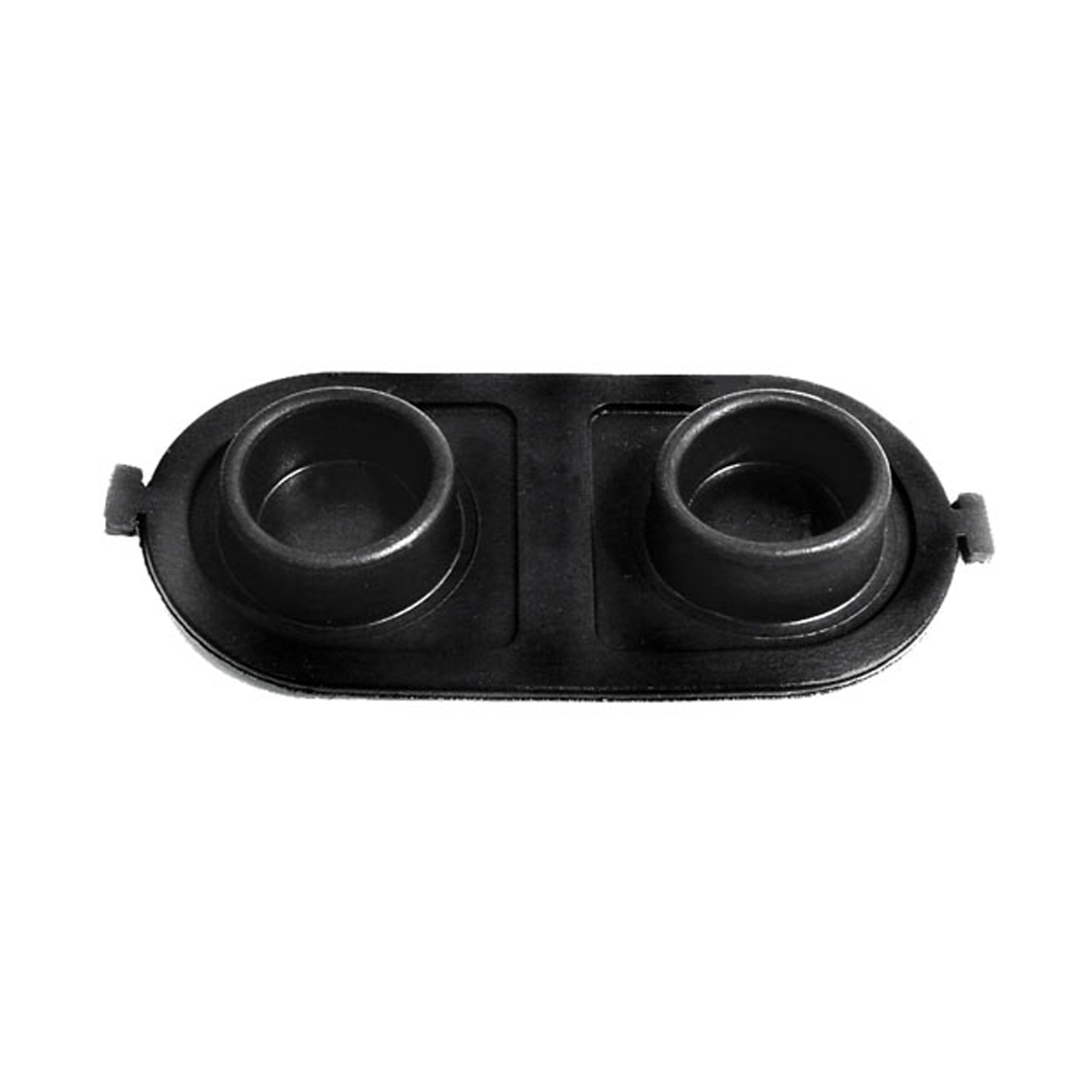 1979 Oldsmobile Omega Brake Master Cylinder Cover Seal. Replaces OEM #5470861-RP 2-EBrake Master Cylinder Cover Seal. Replaces OEM #5470861. 5" X 2-1/2". Each
1979 Oldsmobile Omega Brake Master Cylinder Cover Seal. Replaces OEM #5470861-RP 2-EBrake Master Cylinder Cover Seal. Replaces OEM #5470861. 5" X 2-1/2". Each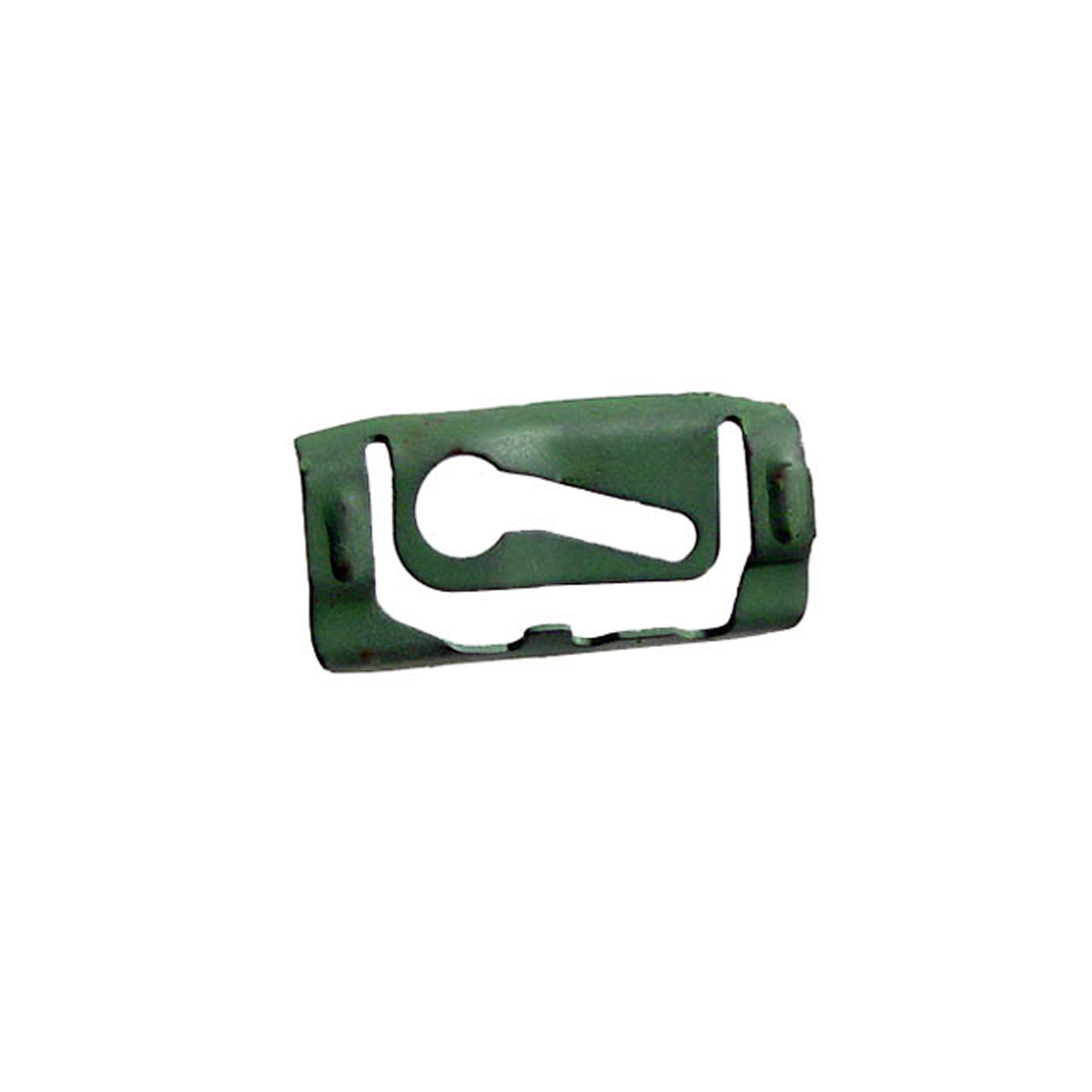 1979 Oldsmobile Omega Quarter Window Reveal Molding Clip. Made of Steel-WF 205Quarter Window Reveal Molding Clip. Made of Steel. 1-3/8" X 11/16". Each
1979 Oldsmobile Omega Quarter Window Reveal Molding Clip. Made of Steel-WF 205Quarter Window Reveal Molding Clip. Made of Steel. 1-3/8" X 11/16". Each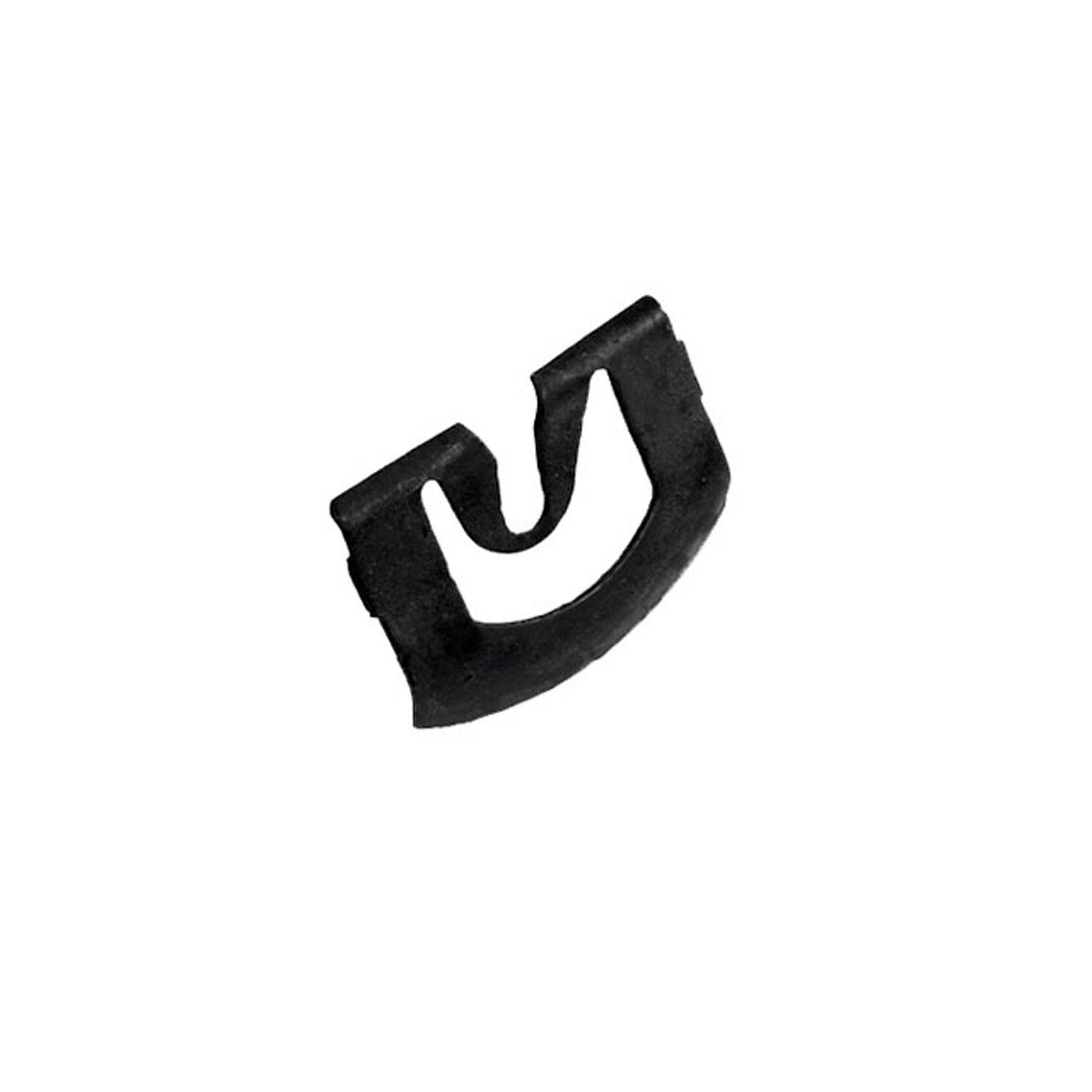 1979 Oldsmobile Omega Windshield Reveal Molding Clip. Made of steel. 13/16" x 1"-WF 209Windshield Reveal Molding Clip. Made of steel. 13/16" x 1". Each
1979 Oldsmobile Omega Windshield Reveal Molding Clip. Made of steel. 13/16" x 1"-WF 209Windshield Reveal Molding Clip. Made of steel. 13/16" x 1". Each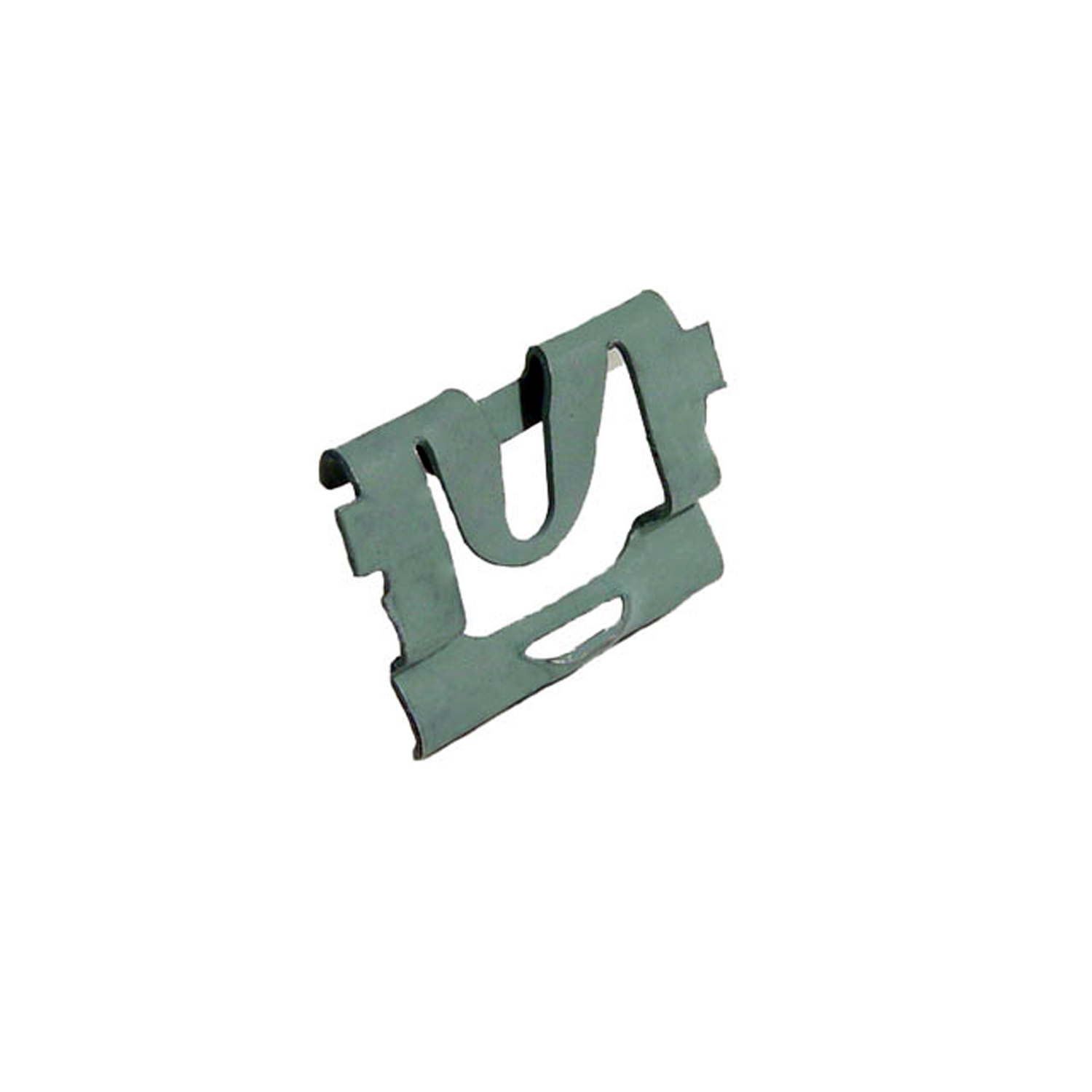 1979 Oldsmobile Omega Windshield Reveal Molding Clip. For models with vinyl top-WF 210Windshield Reveal Molding Clip. For models with vinyl top. 3/4" x 1-1/16". Each
1979 Oldsmobile Omega Windshield Reveal Molding Clip. For models with vinyl top-WF 210Windshield Reveal Molding Clip. For models with vinyl top. 3/4" x 1-1/16". Each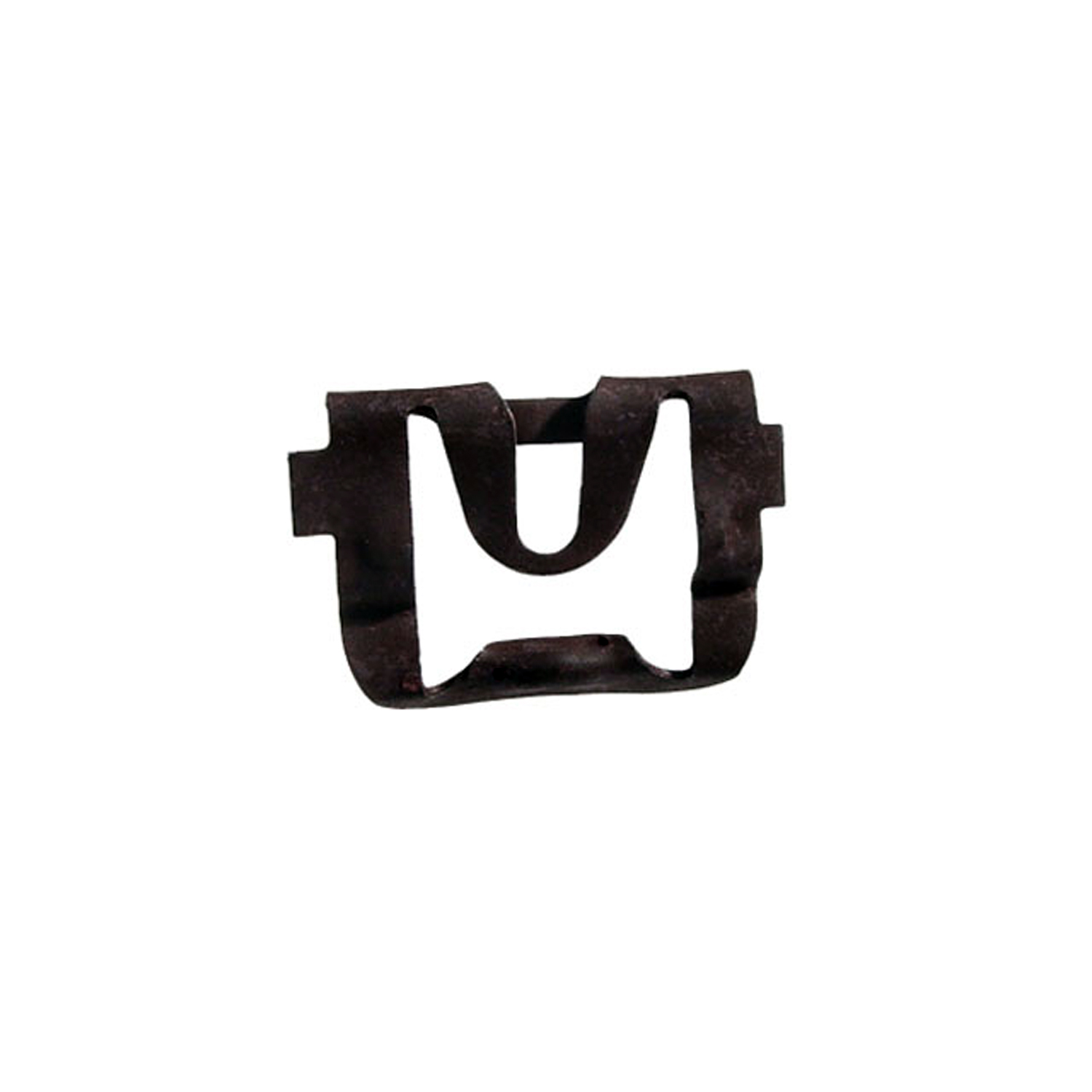 1979 Oldsmobile Omega Rear Windshield Reveal Molding Clip. Made of steel-WF 211Rear Windshield Reveal Molding Clip. Made of steel. 15/16" X 3/4". Each
1979 Oldsmobile Omega Rear Windshield Reveal Molding Clip. Made of steel-WF 211Rear Windshield Reveal Molding Clip. Made of steel. 15/16" X 3/4". Each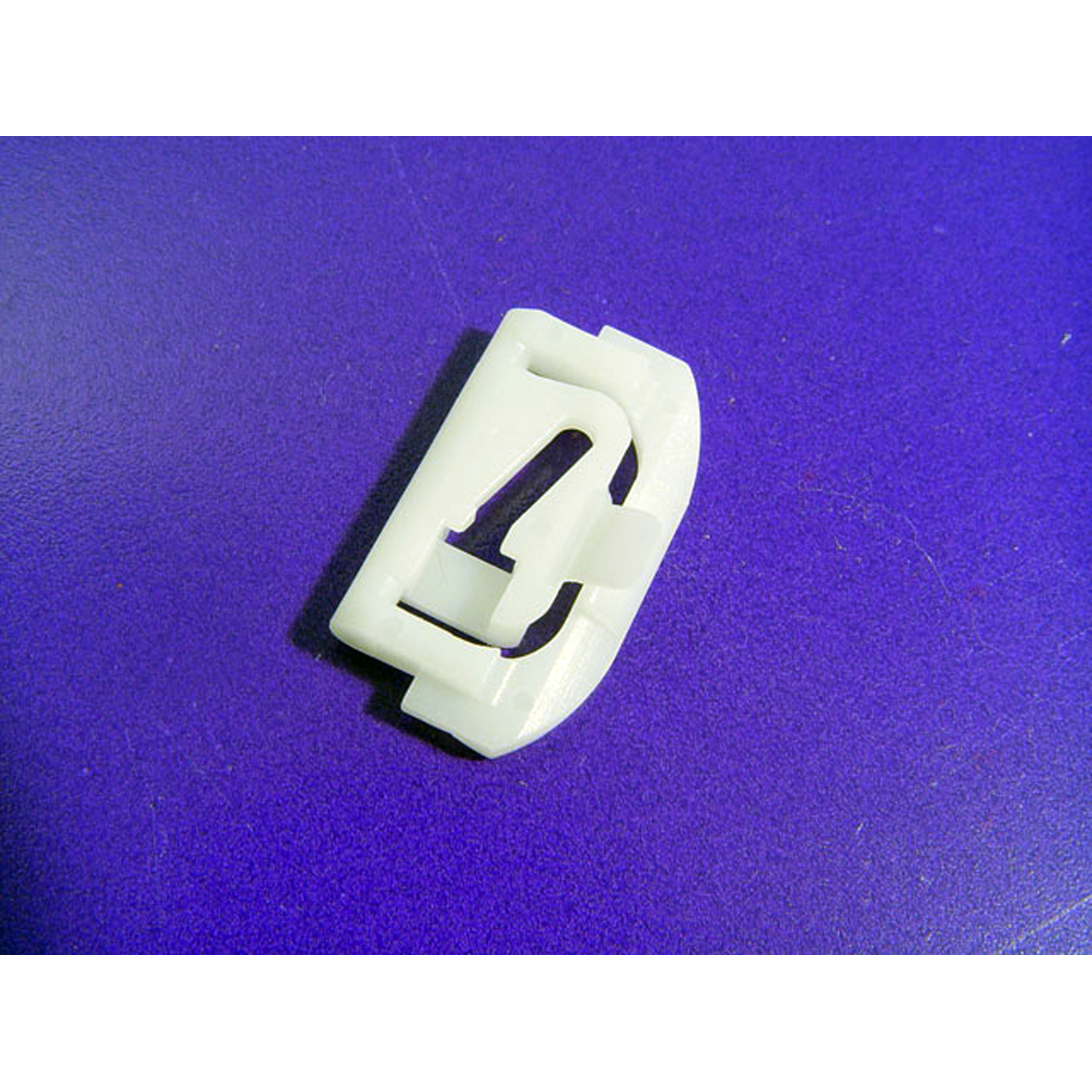 1979 Oldsmobile Omega Lower Side Window Reveal Molding Clip. Made of nylon-WF 214Lower Side Window Reveal Molding Clip. Made of nylon. 1-1/4" x 3/4". Each
1979 Oldsmobile Omega Lower Side Window Reveal Molding Clip. Made of nylon-WF 214Lower Side Window Reveal Molding Clip. Made of nylon. 1-1/4" x 3/4". EachWhy Choose Metro?
For over 100 years, Metro Moulded Parts has been the pinnacle of quality in classic car restoration parts. Our commitment to precision and authenticity in every component ensures a perfect fit and an OEM-level appearance.
- Expert Craftsmanship & Quality: Each part is a testament to our dedication to reliability and perfection, crafted from original designs and thoroughly tested.
- Advanced Technology: We use cutting-edge techniques to create flawless, long-lasting parts that surpass others in performance.
- SuperSoft Sponge – The Ultimate Door Seal: Not only are our door seals 30% softer than competitors', but they're also guaranteed to never leak. They effectively reduce wind and road noise, enhancing your classic car's comfort and driving experience.
- Proudly American: Our parts are a product of American craftsmanship, made in the USA with a spirit of excellence and heritage.
- Unrivaled Warranty: We back our products with a 30-year industry-leading warranty, a testament to our confidence in their quality.
Join us in preserving the legacy of classic cars with parts that are crafted for perfection, not just made.

